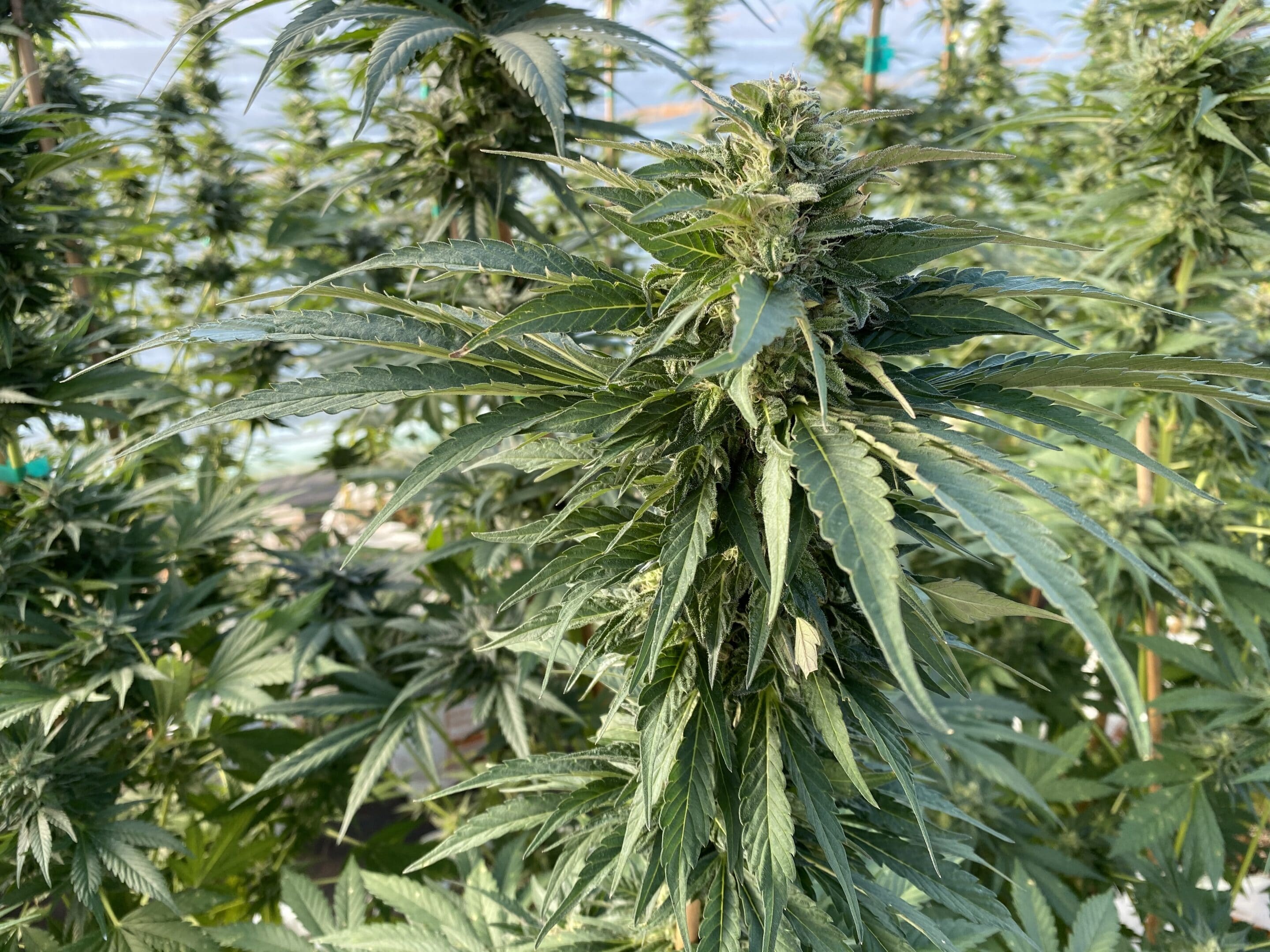
Rhode Island Cannabis Legalization Bill Passed by Senate

The Rhode Island Senate approved legalizing recreational cannabis use for adults on Tuesday, marking the first time either chamber of the state Legislature has voted on a bill to legalize cannabis.
The proposal was introduced by longtime proponent Sen. Joshua Miller, a Cranston Democrat who chairs the chamber’s Health and Human Services Committee. It now heads to the state House of Representatives.
House Speaker Joe Shekarchi, a Warwick Democrat, has said the Democratic-controlled Legislature will likely end up taking up the question on how to structure a legal cannabis industry in a special session later this year.
Gov. Daniel McKee has his own plan for legalizing, taxing and regulating cannabis, but legislative leaders didn’t include it in their proposed $13.1 billion state budget for the coming fiscal year.
Miller’s proposal would impose a 20% tax on cannabis sales, create an independent cannabis control commission to license and oversee cannabis operations, and allow for home cultivation. It would also create a “Cannabis Equity Fund” to help cannabis businesses from disadvantaged communities.
McKee’s proposal would have the state Department of Business Regulation oversee the industry and ban home growing cannabis, among other differences.
Eighteen states and Washington, D.C. have legalized cannabis for adults over the age of 21, according to the National Conference of State Legislatures.














